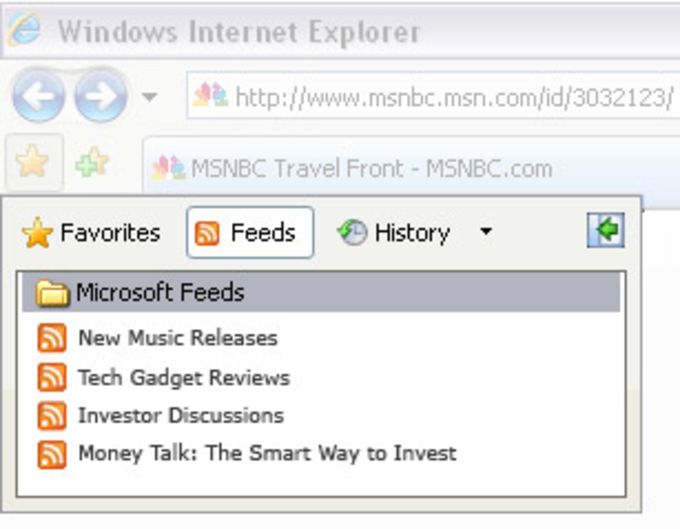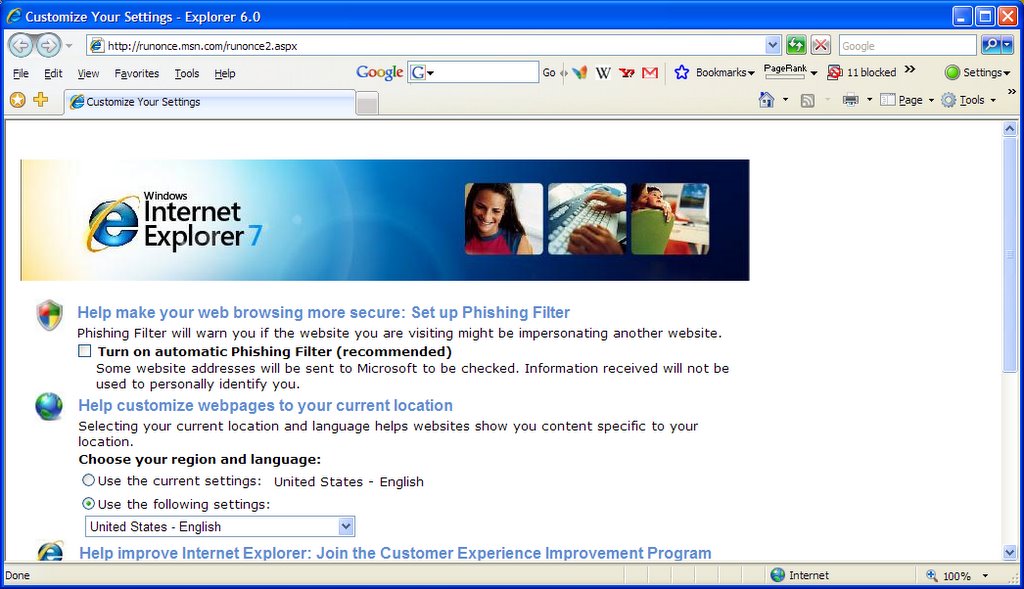
For the most part, we like the built-in RSS reader feature. Unique to Internet Explorer 7 is an RSS feed engine that renders Web feeds as a readable page, and a reboot installs this engine in the system kernel. Neither Opera nor Mozilla Firefox require a reboot. The other unusual request is that Microsoft asks users to reboot their computer after installation. Microsoft uses its own malicious-software removal tool during the installation of IE 7, and it is perhaps this tool that conflicts with some antivirus apps. Neither Mozilla Firefox nor Opera make this request. Microsoft claims that there have been some conflicts between IE 7 installations and some antivirus engines, so to err on the safe side, the software giant asks that you disable your antivirus protection until the installation is complete. One, Microsoft asks that users briefly disable antivirus protection. Installation for IE 7 includes two unusual requests.
DOWNLOAD INTERNET EXPLORER 7 PATCH
Despite nearly two and half years of development, the new browser falls short of complying with Web standards and of matching features found in competing browsers, and despite an aggressive marketing campaign to the contrary, IE 7 is not that much more secure that IE 6, in part because of its reuse of old IE 6 code and a crippling legacy that Microsoft is slow to patch existing IE flaws.

Notable among the new features within IE 7 for Windows XP are a redesigned interface, tabbed browsing, a built-in RSS feed reader, and a new Favorites Center.

A slightly more secure version of Internet Explorer 7 will be. If you are running a previous version of Microsoft Windows, you'll need to upgrade to Windows XP SP2 first. Microsoft has released Internet Explorer 7 but only for Windows XP SP2 users.


 0 kommentar(er)
0 kommentar(er)
